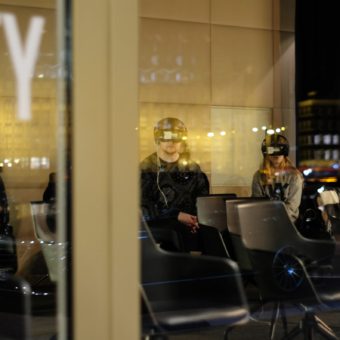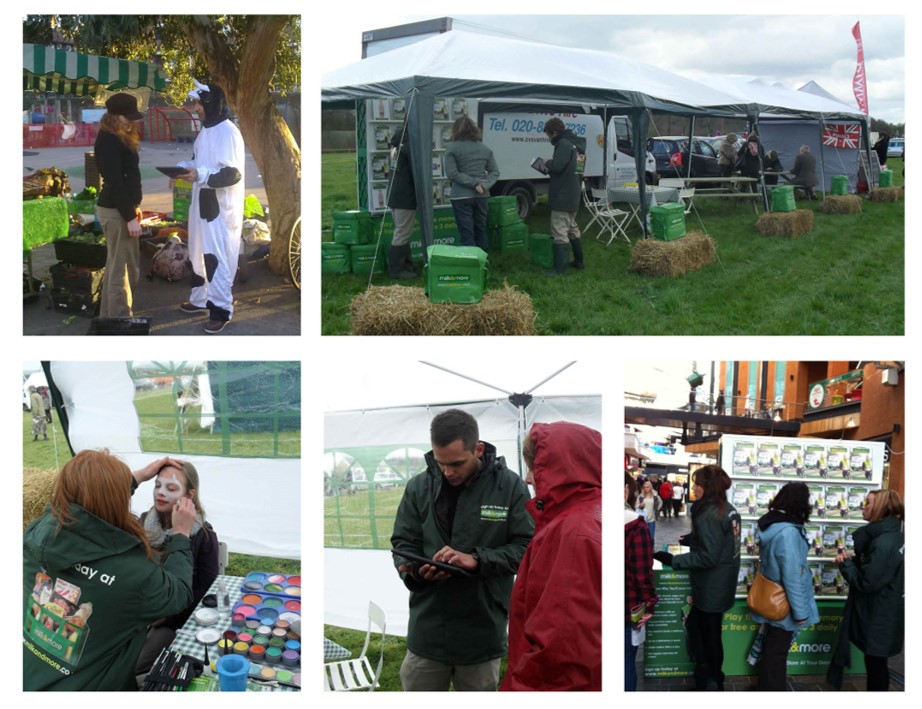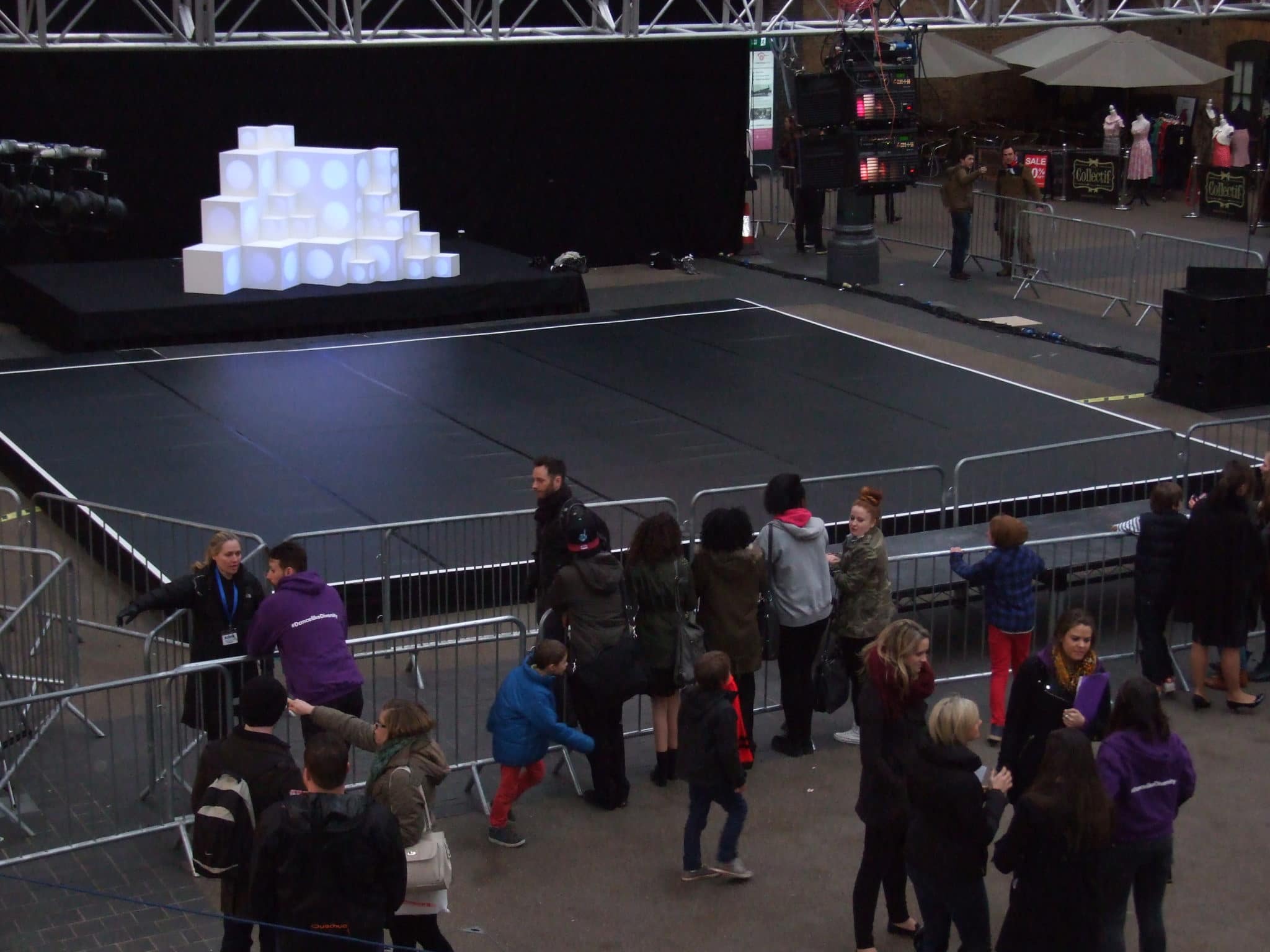How To Use The Power Of The Senses To Create Successful Experiential Events
People today have shorter attention spans than previous generations, and many people now feel more disconnected from brands and their products and services than ever before. One way in which businesses are attempting to solve this issue is through event marketing, offering customers real, tangible engagement.
Experiential marketing focuses on creating memorable ‘experiences’, which consumers are able to positively link back to a brand in the future. Unlike traditional marketing strategies, like radio, television or print advertising, the key to successful experiential marketing is fully immerse consumers in a marketing campaign.
So how can businesses use the power of the senses to create successful experiential events and create meaningful connections with their customers?

Multi-Sensory Stimulation
Research has repeatedly shown that experiences become more memorable when multiple senses are stimulated at the same time. Meanwhile, Martin Lindstrom’s 2005 book, BRANDsense, made the convincing argument that customer loyalty could be improved through the same method – multi-sensory stimulation.
Despite the overwhelming evidence supporting the effectiveness of sensory marketing, many businesses have been slow on the uptake and it remains somewhat underutilized. This means that companies who recognize the benefits of appealing to the senses have the opportunity to gain a significant advantage over their competitors.
The ultimate aim of any experiential event should be to stimulate as many of the human senses as possible.
Sight and Sound
Sight and sound are the two senses most commonly targeted by advertisers. All traditional forms of advertising have tried to appeal to at least one of these two senses and they should not be ignored by experiential marketing either. However, there are ways to make them work in conjunction with other senses, for greater gain.
For example, an experiential agency promoting a food product may experiment with sound and color to affect consumers’ sense of taste. Scientific research shows that serving food on a white plate can make it taste up to 10 percent sweeter than if it is served on a black plate. Furthermore, background music can have a role to play, with higher pitched sounds intensifying the sweetness of a product and lower pitched sounds intensifying bitterness.
Lighting can also be used to influence mood, with different intensities and wavelengths provoking feelings ranging from calmness and focus to high energy. Ultimately, businesses should consider the bigger picture and think about how the senses of sight and sound can be stimulated in order to heighten other senses. This can provide greater immersion and a more memorable experience for consumers to link to a product or brand.
Smell
Smell is an often-overlooked sense when it comes to experiential marketing, but it should be ignored at a business’s peril. The sense of smell is the only sense with a direct link to the limbic system, which processes emotions. This means stimulating the sense can encourage consumers to become emotionally invested in a business.
A Sense of Smell Institute study found that people are only able to recall half of the visual images they encounter after a three month period, but are able to recall 65 percent of smells after a full year.
Products like perfumes have an obvious reason to stimulate the sense of smell, but all experiential events can benefit from doing so. Research shows that lemon-based smells serve to heighten concentration, which is ideal for events which need to hold consumers’ attention for a long period. Lavender smells can also influence people, reducing anxiety and helping them to relax; an essential part of ensuring their experience is positive.
Touch and Taste
The senses of touch and taste are also important when trying to create an immersive and memorable experience. These two senses can often work in conjunction with one another and businesses should try to stimulate one to improve the other.
For instance, food companies have found that the sense of touch significantly affects the sense of taste. If a person eats a dessert with a heavy, silver spoon, they associate the taste with luxury and quality, whereas eating the exact same dessert with a cheap, plastic spoon produces considerably lowered taste response.
Love Creative Marketing Agency is a guerrilla marketing and promotional staffing agency that works with brands and media agencies delivering below the line marketing campaigns. If you would like to discuss your next project call 0207 607 2568 or email planning@lovecreativemarketing.com






